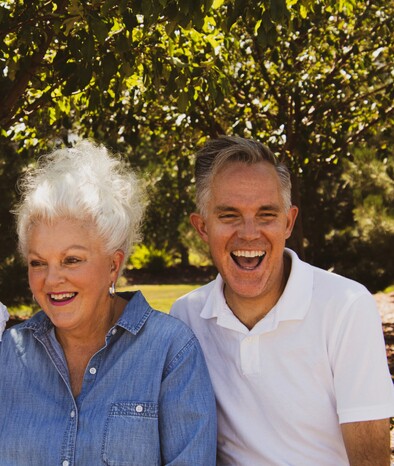Buying a home – a rite of passage in New Zealand. But as we know with the recent soaring prices of houses since Covid (even though they have abated a little as interest rates rise), it has been extremely difficult for people to get into the housing market.
This is particularly so for younger people, who are starting out building their wealth and starting their families. While KiwiSaver can help with building a deposit (which can be withdrawn to purchase a home), and through the Grants schemes through Kainga Ora if your income and value of house is below certain levels there may be a grant available to help you.
One option is to purchase with more than two people (a couple), but that can become tricky further down the line as children arrive and a family grows – particularly if one or more of the additional people owning the house want to buy their own home and then need to be bought out of the home. But it can work as long as it is well documented.
At Moneyworks, we have seen a large number of our clients access money from their investments (based on our advice that they would still have enough to fund their own retirement) over the last few years to help their children get into houses. This is colloquially called ‘the bank of mum and dad’. A recent Consumer NZ survey estimates that the Bank of Mum and Dad are the equivalent of the fifth largest lender in New Zealand (which may not include gifts to help children into houses), with around $22.6 billion in loans in recent years.
But there are different ways this “banking service” can work and increasingly, the method of providing the money is subject to the requirements of mortgage lenders (whether the lender will permit additional loans that have to be repaid, or whether the funds have to be provided as a gift).
There are a number of issues that need to worked through when acting as a ‘banker’ or gifting your money to a child:
1. Are you going to be able to treat all your children equally? Do you need to? If you aren’t, how are you going to adjust for this in the future (eg by documenting an advance inheritance to the child that has had a gift).
2. Do you have this money available and is it surplus to your needs? Are you going to be left with no money if you can’t get the money back in the future from your children? What will this mean for your final days if you only have NZ Super to live off? A gift or a loan could still be assessable as an asset for Residential Care subsidies in the future.
3. If you don’t have the money available – are you going to borrow the money? How much will this cost you? Does this mean that you are going to have to keep working for longer than you planned or want to?
4. What happens if your child’s relationship breaks down? Does their other half get to keep half the money under the Relationship Property Laws? Can you work with a lawyer to get this documented to protect the assets as your child’s or as your money?
5. If you are lending your money to your child with a set schedule of repayments, what happens if they get into financial difficulty and stop paying? What is the impact if you have borrowed that money to on lend to them? What is the impact if you don’t get all the money back into your retirement savings? Can you afford to live and retire like you envisaged if your child can’t repay you? Or are you going to evict your child from the home so that you can sell the home and get your money back? [I’m guessing not…]
There are many other things that need to be considered when making the decision and we know that our clients value our arms-length analysis and advice on such situations. Make sure that you are able to discuss the situation with an experienced adviser before making a decision that you can’t undo – that has negative impacts for your own financial security.


